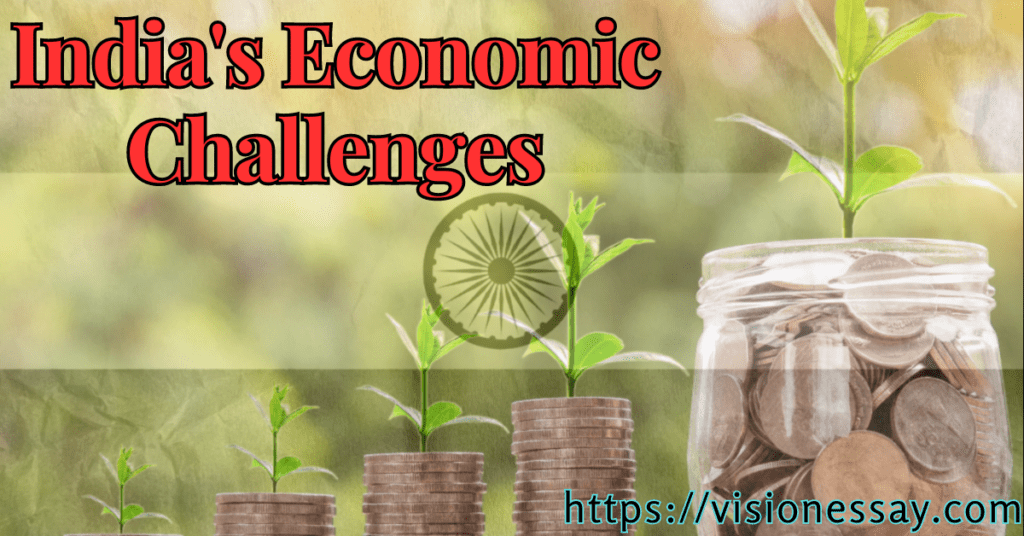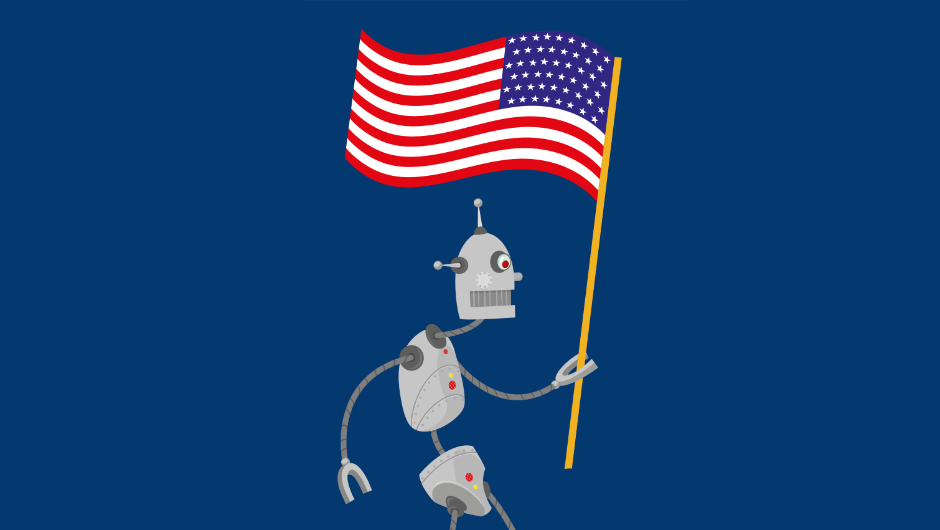The Next Fed Chair: Inheriting Trump's Economic Challenges

Table of Contents
Navigating the Legacy of Trump-Era Fiscal Policy
The Trump administration's economic policies, particularly its fiscal approach, leave a complex legacy for the next Fed Chair. Understanding this legacy is crucial for navigating the challenges ahead.
The Impact of Tax Cuts
The 2017 tax cuts, while stimulating short-term economic growth, significantly increased the national debt. This presents a long-term challenge for fiscal sustainability. The increased deficit spending also fueled concerns about potential inflationary pressures. The next Fed Chair must carefully consider the implications of these tax cuts when making future monetary policy decisions. Further fiscal policy adjustments may be necessary to address the growing debt burden and mitigate inflationary risks.
- Increased deficit: The tax cuts led to a substantial increase in the national debt, impacting future government spending and borrowing capacity.
- Potential inflation: Increased government spending without corresponding increases in productivity can contribute to inflationary pressures.
- Long-term debt sustainability concerns: The rising national debt poses a significant challenge to long-term economic stability.
- Need for fiscal responsibility: The next Fed Chair will need to collaborate with the government to implement responsible fiscal policies.
Trade Wars and Global Uncertainty
The Trump administration's trade policies, characterized by tariffs and trade disputes, created significant uncertainty in global markets. These trade wars disrupted supply chains, impacting US businesses and consumers alike. The next Fed Chair will need to navigate the complexities of restoring international trade relationships while mitigating the lingering economic effects of these disruptions. Restoring trust and predictability in global trade will be critical to sustainable economic growth.
- Trade war consequences: Tariffs and trade disputes led to increased costs for businesses and consumers, hindering economic growth.
- Supply chain disruptions: Trade wars created significant disruptions to global supply chains, leading to shortages and price increases.
- Impact on inflation: Trade disruptions contributed to inflationary pressures through increased input costs for businesses.
- International relations challenges: Repairing damaged international trade relationships will require diplomatic efforts and strategic policy adjustments.
Managing Inflation and Interest Rates
The next Fed Chair will inherit an economy grappling with inflationary pressures. Successfully managing inflation without triggering a recession will be a significant challenge.
Inflationary Pressures
Current inflation rates are significantly influenced by factors such as supply chain disruptions, increased energy prices, and robust consumer demand. The Fed Chair will need to carefully analyze the underlying causes of inflation to determine the appropriate monetary policy response. Striking a balance between controlling inflation and maintaining economic growth is a delicate task, requiring careful consideration of the potential trade-offs.
- Inflationary pressures: Understanding the drivers of inflation—supply-side bottlenecks, demand-pull pressures, and cost-push inflation—is paramount.
- Monetary policy tools: The Fed has various tools at its disposal, including interest rate adjustments and quantitative easing, to influence inflation.
- Interest rate adjustments: Raising interest rates can curb inflation, but it also risks slowing economic growth and potentially causing a recession.
- Economic growth considerations: The Fed must balance its inflation-fighting efforts with the need to maintain sustainable economic growth and employment.
Interest Rate Hikes and Their Economic Impact
Raising interest rates is a common tool to combat inflation, but it carries potential risks. Aggressive interest rate hikes can slow economic growth, potentially leading to a recession. The impact on businesses and consumers is significant, as higher interest rates increase borrowing costs for investments and purchases. The next Fed Chair will need to carefully calibrate interest rate adjustments to balance inflation control with economic stability.
- Interest rate hikes: Raising interest rates increases borrowing costs, making it more expensive for businesses to invest and consumers to spend.
- Recessionary risks: Aggressive interest rate hikes can trigger a recession by significantly slowing economic activity.
- Borrowing costs: Higher interest rates increase borrowing costs for businesses, reducing investment and potentially leading to job losses.
- Economic slowdown: Interest rate hikes can lead to a slowdown in economic growth, potentially impacting employment and consumer confidence.
Addressing Inequality and Ensuring Economic Stability
Income inequality and financial stability are critical concerns that the next Fed Chair will need to address.
Income Inequality and its Economic Consequences
The widening income gap is a persistent challenge with significant economic and social consequences. The next Fed Chair will need to consider the potential role of monetary policy in addressing income inequality, along with exploring policy options for promoting greater economic inclusivity. This might include considering the distributional effects of monetary policy decisions.
- Income inequality: The gap between high-income earners and low-income earners continues to widen, leading to social and economic instability.
- Wealth gap: The concentration of wealth among a small segment of the population exacerbates income inequality and poses economic risks.
- Economic inclusivity: Policies aimed at promoting economic inclusivity are essential for creating a more equitable and stable economy.
- Social mobility: Addressing income inequality is crucial for enhancing social mobility and creating opportunities for all segments of society.
Maintaining Financial Stability
High levels of debt and asset valuations present significant risks to financial stability. The next Fed Chair will need to actively monitor these risks and implement appropriate regulatory approaches to mitigate the potential for future financial crises. Proactive measures are essential to maintain a stable and resilient financial system.
- Financial stability: Maintaining financial stability requires proactive monitoring of debt levels, asset valuations, and other potential risks.
- Debt levels: High levels of household and corporate debt can amplify economic downturns and increase the risk of financial crises.
- Asset bubbles: The potential for asset bubbles, such as in the housing market or stock market, poses a significant threat to financial stability.
- Regulatory oversight: Strong regulatory oversight is essential to mitigate systemic risk and ensure the stability of the financial system.
- Systemic risk: Identifying and addressing systemic risks, which can threaten the entire financial system, is crucial for maintaining stability.
Conclusion
The next Federal Reserve Chair faces a daunting task: navigating the complex economic legacy of the Trump administration. Successfully managing inflation, addressing fiscal imbalances, and promoting inclusive growth will require skillful leadership and strategic decision-making. The challenges are significant, but the opportunity to shape a more stable and equitable economic future exists. Understanding these complex issues related to the Fed Chair is crucial for informed economic discussion and policy development. The next appointment will profoundly influence the American economy for years to come. It is vital to carefully consider the challenges and opportunities facing the next Fed Chair and the future of the Federal Reserve as we look towards future economic stability.

Featured Posts
-
 The Impact Of Trump Administration Pressure On Eu Ai Policy
Apr 26, 2025
The Impact Of Trump Administration Pressure On Eu Ai Policy
Apr 26, 2025 -
 Following The Karen Read Case A Detailed Timeline Of Events
Apr 26, 2025
Following The Karen Read Case A Detailed Timeline Of Events
Apr 26, 2025 -
 Point72s Exit From Emerging Markets Focused Pod
Apr 26, 2025
Point72s Exit From Emerging Markets Focused Pod
Apr 26, 2025 -
 The Undervalued Asset Why Middle Managers Matter
Apr 26, 2025
The Undervalued Asset Why Middle Managers Matter
Apr 26, 2025 -
 Navigating The Chinese Market The Struggles Of Bmw Porsche And Competitors
Apr 26, 2025
Navigating The Chinese Market The Struggles Of Bmw Porsche And Competitors
Apr 26, 2025
